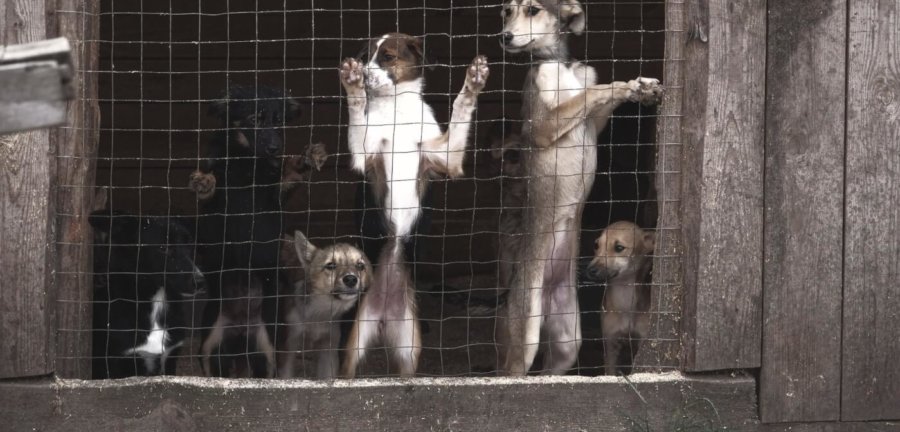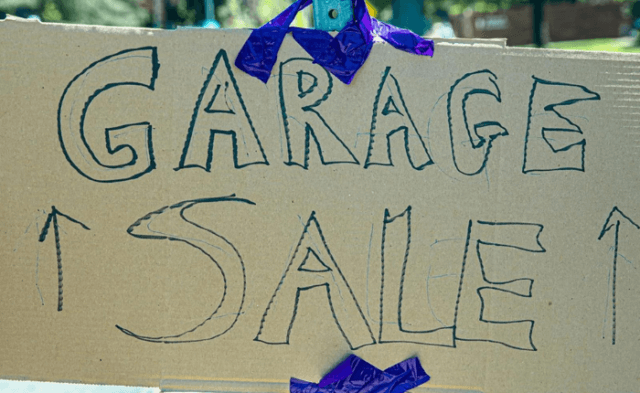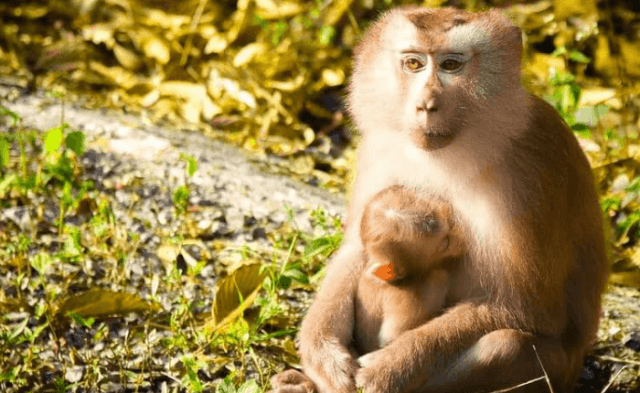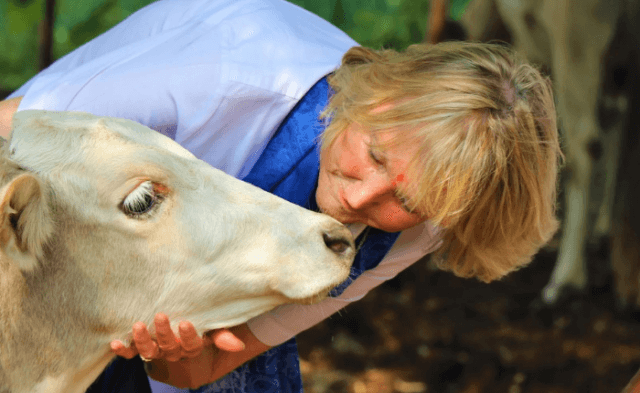I’m an animal rights advocate, stuck with the problem of how to discuss discrimination based on species at a time when the news is dominated by stories of discrimination based on skin color.
When human rights hang in the balance, we who speak for animals are always told to zip it. We don’t have time to worry about other species, the argument goes, until we handle homo sapiens’ problems.
But we can’t put animal rights on the back burner when racism is on the front burner. In fact, the conversation becomes only more urgent now. Not just because the vast majority of the hate mail that animal rights groups like PETA receive is from self-identified sexists, homophobes, grinning trophy and “varmint” hunters, and people who spell out hateful messages with the bodies of rabbits and coyotes they’ve shot.
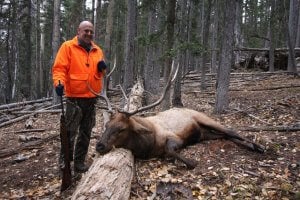
We know so much nowadays about animal intelligence and the cruelty hidden in the slaughterhouse, the circus and trophy hunting that it can’t be right to put that aside. In fact, by recognizing that obligation, we may even learn something about how to treat those who are closest to us.
Henry Bergh, founder of the ASPCA, who also brought and won the first court case about child abuse, said that if you teach a child to care for a caterpillar, you do as much for the child as you do for the caterpillar. And Dr. Martin Luther King Jr. taught, “Injustice anywhere is a threat to justice everywhere,” when he was criticized for objecting to the Vietnam war by those who thought he should restrict his activism to fighting racial discrimination.
Bullying and violence don’t stop at the human door any more than they stop at the race or gender door.
If ever there were a time to examine the principle behind our objections to the practices and beliefs that result in disrespect toward and discrimination against anyone — women, people with disabilities, people of various races and religions, and other living beings — it is now.
Watch old films like “The Thin Man,” and you will shake your head at scene after scene of all-male decisionmakers, women treated like and referred to as “dolls” and “cutie pies,” black men visible only as subservient shoe shiners and waiters, black women appearing only as maids, stereotypes of Asians directed to use phrases like “No tickee, no laundry.”
Most of us are ashamed of those earlier times of limited understanding of “others,” and are glad they are behind us. So how, then, can we justify treating other sentient, thinking, feeling, living beings, as meals on the hoof, future handbags, cheap burglar alarms and slaves as many do today? We can’t, and that demands a broader discussion about prejudice.
Nobel laureate Isaac Bashevis Singer, whose family fled the Holocaust once said, “I didn’t become a vegetarian for my health. I did it for the health of the chickens.”
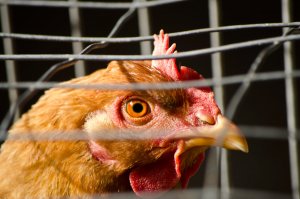
Alice Walker wrote, “The animals of the world exist for their own reasons. They were not made for humans any more than black people were made for white, or women created for men.”
It has been a few years now since over a dozen prominent scientists and philosophers issued the Cambridge Declaration on Consciousness, calling on humanity to recognize the rights of other species, with the words: “The weight of evidence indicates that humans are not unique in possessing then neurological substrates that generate consciousness. Nonhuman animals, including all mammals and birds, and many other creatures, including octopuses, also possess (them).”
Animal rights proponents embrace the words of civil rights activist and feminist Audre Lorde, who believed, “There is no such thing as a single-issue struggle, because we do not live single-issue lives.”
Those of us working to break down the prejudices against animals are the same people who are advocating for human rights and challenging hate groups. Because we know that prejudice in all its ugly forms is wrong. It doesn’t matter who the victim is, but when we witness oppression, we should never let it go unchallenged.
Read Ingrid Newkirk’s new book, Animalkind, and discover revolutionary ways you can practice kindness and help #EndSpeciesism!

